Dr Kiel quickly reviews and explains Human Growth Hormone or HGH and the health effects on your body. MORE TESTOSTERONE KNOWLEDGE https://www.youtube.com/playlist?list=PLt6puIp2CPGW0tIf5L82gvkxDhaSQnME3 READ MORE https://www.healthydocs.net/home/2017/human-growth-hormone-explained-everything-you-need-to-know TESTOSTERONE EXPLAINED https://www.youtube.com/watch?v=urgNiKfpKf8 This playlist covers things like testosterone and other androgens, DHEA (Dehydroepiandrosterone), insulin like growth factor (igf-1, igf 1), and human growth hormone (hgh). The emphasis is understanding these hormones and ways to promote them naturally. Please like, subscribe, comment and share! SUBSCRIBE: https://www.youtube.com/user/DrJohnKiel FACEBOOK: https://www.facebook.com/medicinelifestyle TWITTER: https://twitter.com/LifestyleMedYou This peptide hormone, also known as somatotropin, human growth hormone or HGH, is a physiologically active hormone that has a significant role in multiple processes of the human body. Growth hormone synthesis, production and regulation occurs in the hypothalamus-pituitary axis. These two glands, located in the brain, are responsible for a wide variety of hormone regulation that includes thyroid function, reproductive hormones such as estrogen and testosterone, adrenaline, dopamine, and others in addition to growth hormone. The regulatory process is somewhat complex and has an entire medical specialty dedicated to it known as endocrinology, so I won’t dive any deeper into that discussion but I would encourage you to look it up if you want to know more. This is an anabolic hormone; in other words it ‘promotes growth’. While this includes skeletal muscle, it’s certainly not limited to it. It’s worth noting that it is not androgenic, as opposed to testosterone, meaning it doesn’t promote male sex characteristics such as facial hair and deeper voice. The most prominent effect of this hormone is that it promotes bone growth and is the primary hormone responsible for growing to an adult size. In children, it’s largely responsible for determining height, and is modulated by several mechanisms. Secretion peaks during puberty, where the most bone growth occurs, and then declines with age (like most hormones). Along with bone growth, it promotes bone mineralization and calcium retention. Other functions include: Skeletal muscle proteins synthesis, specifically sarcomere hypertrophy Increase in lean body mass Fat breakdown (lipolysis) Protein synthesis elsewhere (not just muscle) Decrease cellular uptake of glucose Increased glucose synthesis (gluconeogenesis) Release of insulin-like growth factor 1 (will discuss separately) Growth of other organs Pancreas regulation Immune system stimulation Promotes thyroid activity
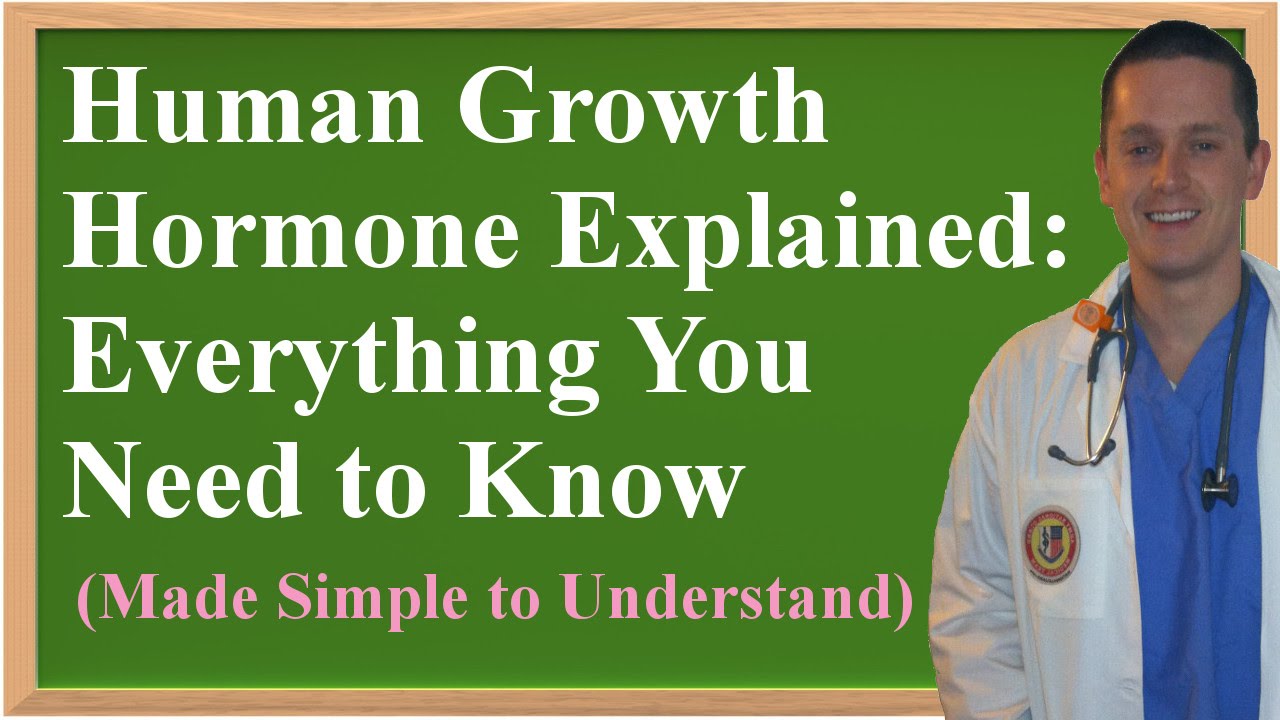
Human Growth Hormone Explained: Everything You Need to Know (Made Simple to Understand)
- Post author:
- Post published:May 2, 2021
- Post category:Uncategorized
- Post comments:0 Comments
You Might Also Like
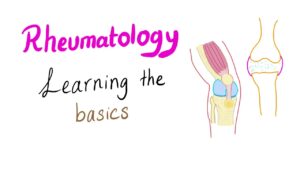
Rheumatology Video – 2
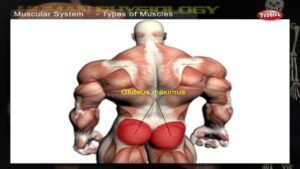
Muscular System | How Human Body Works | Human Body Parts and Functions | Human Anatomy 3d

Defined Fitness Farmington NM – Complete Gym Tour
Spa Resort Video – 2

The Ketogenic Diet & Body Type Tips Explained By Dr.Berg
Diabetes

What happens during a heart attack? – Krishna Sudhir

Omega-3 Fatty Acid Benefits

How to Calculate Body Mass Index – Body Mass Index Explained

Overhead Press Dumbbells-1

Lifestage Nutrition Video – 1
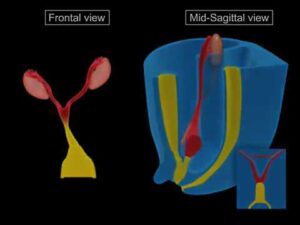
11- The development of the reproductive system

Protein Supplements BCAA Amino Acid Pills vs Powder Supplements

Essential Amino Acids (best mnemonic)
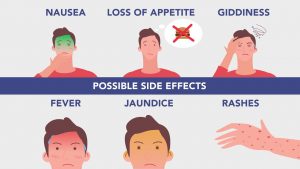
What is Tuberculosis?

Bodybuilding Cooking 101: Killer Post Workout Meal 10 Egg Whites & Potato

Overweight & Obesity Video – 28

Super Senior Circuit Training
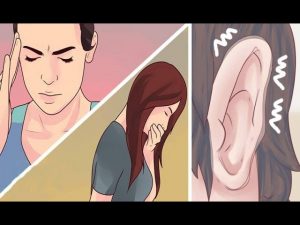
Initial Symptoms That Your Blood Pressure Is Dangerously High. (1 OF 5 DO NOT KNOW THEY HAVE IT)!

Kriya Video – 4

DXA technology from GE Healthcare provides high precision and accuracy | GE Healthcare

Homicide Psychology/ Psychiatry Video – 2

Tricep Exercises: Close Grip Press, Skull Crushers, & French Press

Bodyweight Workout For More Strength and Muscle

Shiatsu Video – 4
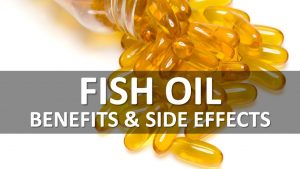
Fish Oil Benefits and Side Effects

Bent over row(V-shape) position and results #shaort video by #rj_fitness #fitness

Results of Incline bench DAILY!

Multivitamin-Produkte – sinnvoll? (60 fps)

Fat Loss, Weight Loss Video – 8

Things you must know before taking Glutamine Supplements | HINDI

12 Best Shoulder Exercises (THE DELTOID DOZEN!!)

The Water Bodies | The Dr. Binocs Show | Educational Videos For Kids

How to record an ECG – OSCE Guide
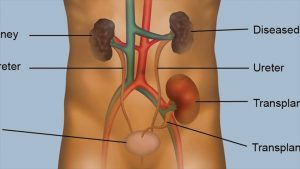
What Is Kidney Transplantation – Benefits- Risks

Bioenergetics Video – 1
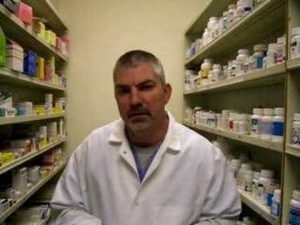
Diazepam
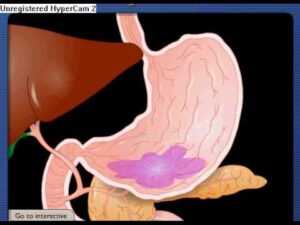
The digestion process – What happens to your food as it travels through your body until it exits?

How To Boost Metabolism 7 Tips How To Increase Metabolism

TRICEPS (MEDIAL & INNER) – Lying Triceps Extension (Cross Face)

Surya Namaskar Video – 4

